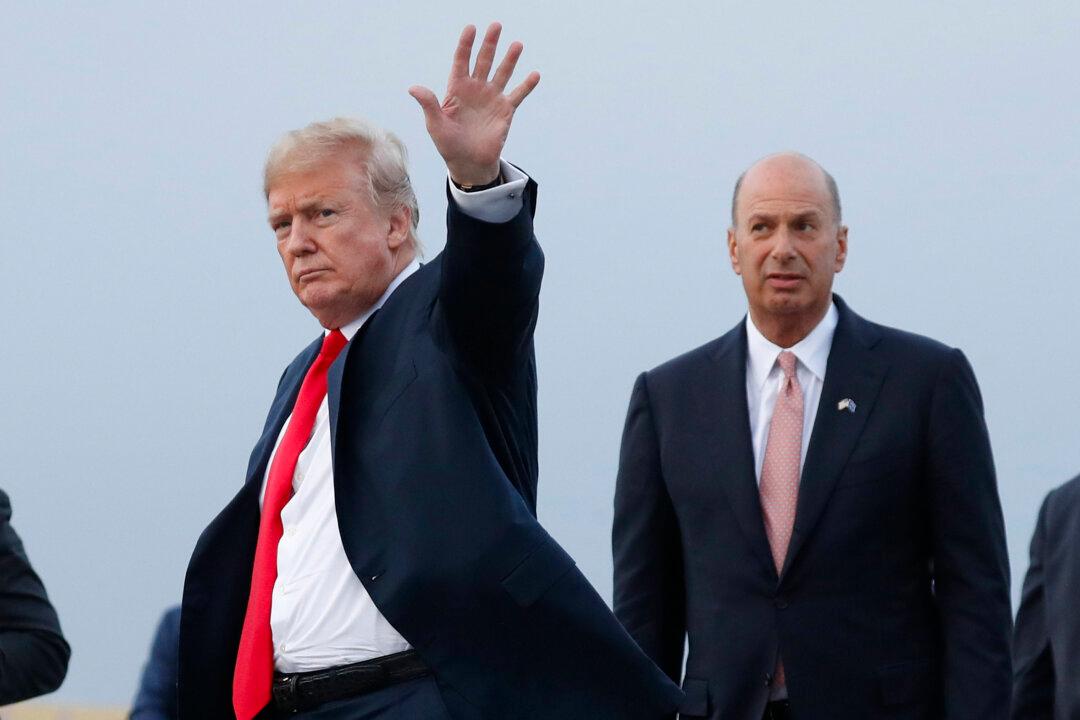An attorney for Ambassador Gordon Sondland said the U.S. State Department directed Sondland not to appear for his scheduled interview before a joint House committee taking depositions in the impeachment probe of President Donald Trump.
Sondland had previously agreed to appear voluntarily on Oct. 8 to answer the committee’s questions in a closed session. He would have been the second current or former State Department to testify, following former U.S. special envoy to Ukraine Kurt Volker.





